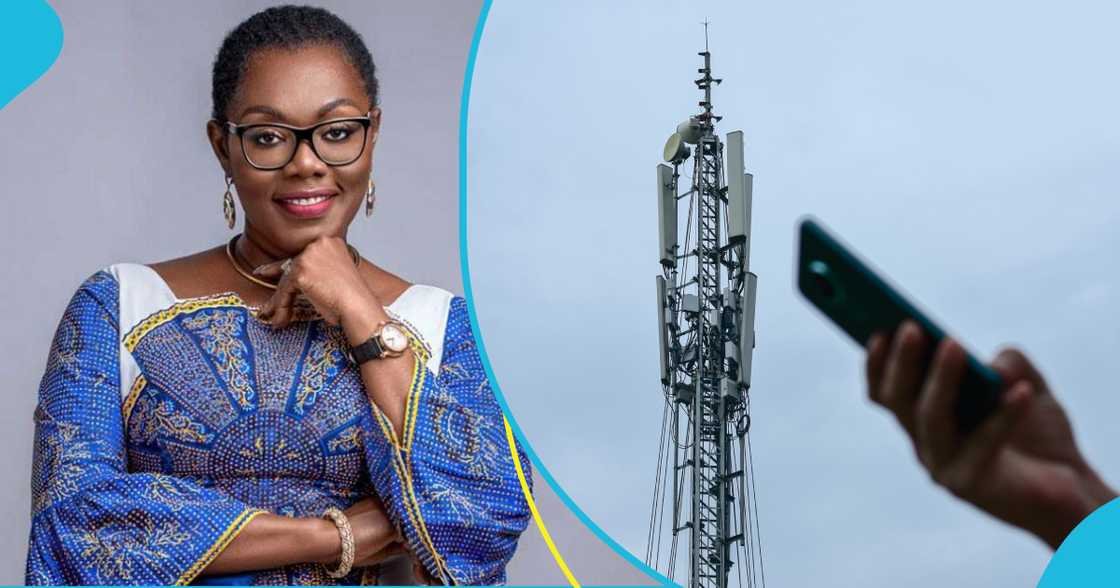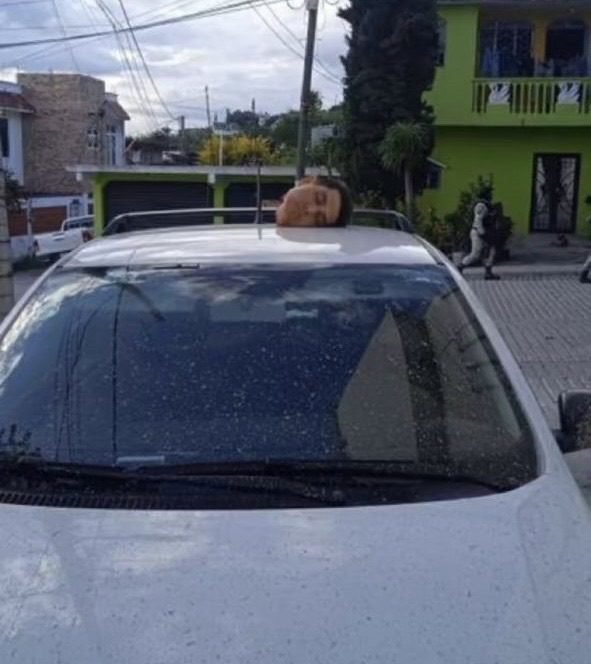Amazon’s Drone Delivery Program Launches in Phoenix: What This Could Mean for Africa

Amazon has started delivering items by drone to customers in Phoenix, Arizona, bringing its futuristic delivery program back to life after earlier setbacks. While this service is available only in certain parts of the U.S., it’s intriguing to think about how similar technology could benefit Africa. The continent has unique needs and infrastructure challenges, which drones might help solve in ways that traditional delivery methods can’t.
What is Amazon’s Drone Delivery All About?
Amazon’s drone delivery program allows customers in parts of Phoenix’s West Valley to receive lightweight products straight from the air. The drones can only deliver items weighing 5 pounds or less, but that still includes a huge range of goods, from household items to office supplies and health products.
- Speed: The delivery time is incredibly fast usually within an hour directly from Amazon’s local hub in Tolleson.
- Selection: Right now, around 50,000 items qualify for this new delivery method, so customers have a good variety of essentials to choose from.
- Conditions: The drones operate during daylight hours and in good weather only, so deliveries pause during high winds, rain, or at night.
How It Works
Customers in the eligible Phoenix area can select drone delivery at checkout and choose a drop-off spot, such as a backyard or driveway. After the order is placed, an Amazon drone flies the package over and lowers it gently to the selected spot.

Why This Matters for Africa
While this is happening in the U.S., drone technology could make a major difference in Africa. Countries like Ghana and Rwanda already use drones to deliver essential medical supplies to hard-to-reach areas, and similar programs could support everyday logistics in various ways. Here’s why this matters:
- Access to Essential Items in Remote Areas
- In some African countries, road infrastructure can be unreliable, especially in rural regions. Drones could bridge this gap by quickly delivering medicines, food, and other necessities where regular vehicles can’t easily go.
- Emergency Response
- Drones can be lifesaving in emergencies. Imagine a situation where a remote village in Ghana needs critical medical supplies or basic provisions after a natural disaster. Drone deliveries could respond more quickly than traditional methods.
2. Supporting Local Businesses and Consumers
- Drones could help small businesses reach a larger customer base, delivering items in areas where logistics are difficult. They could also reduce transportation costs, potentially making goods more affordable for customers.
Further Reading: To see how drone technology is already making a difference in Africa, check out this article on Zipline’s drone services in Ghana and Rwanda.

The Job Impact: Challenges and Opportunities
One common concern is the impact on traditional delivery jobs. Many Africans earn their living as drivers, bike couriers, or delivery personnel, so it’s crucial to consider how drones would affect this workforce. Here are a few ways drones could impact jobs:
- Creating New Roles in Technology and Operations
- With drone delivery comes the need for trained operators, maintenance crews, and logistics planners. This could open up new types of jobs for people trained in drone technology or logistics.
- Skills Development and Local Innovation
- Drone programs could encourage skills development for young people interested in technology. Programs that focus on drone training and maintenance could give a new generation of workers a pathway into tech careers.
3. A Hybrid Approach to Delivery
- Instead of replacing all traditional delivery jobs, drones could become part of a “last-mile” delivery model where drones handle only the hardest-to-reach areas. This would maintain existing delivery jobs in more urban areas while expanding access in rural ones.

The Future of Drone Delivery in Africa
Amazon’s drone delivery in the U.S. shows just one version of this technology. For Africa, where infrastructure is developing and communities are often spread out, drones could solve specific logistical issues and create new economic opportunities.
If used thoughtfully, drones could play a role in helping African countries make deliveries faster, easier, and even more affordable in remote areas. Whether it’s access to medicine, food, or everyday items, drone delivery has the potential to make a meaningful impact.
Read more:Google Expands Digital Reach in Africa with New Language and AI Training Initiatives














